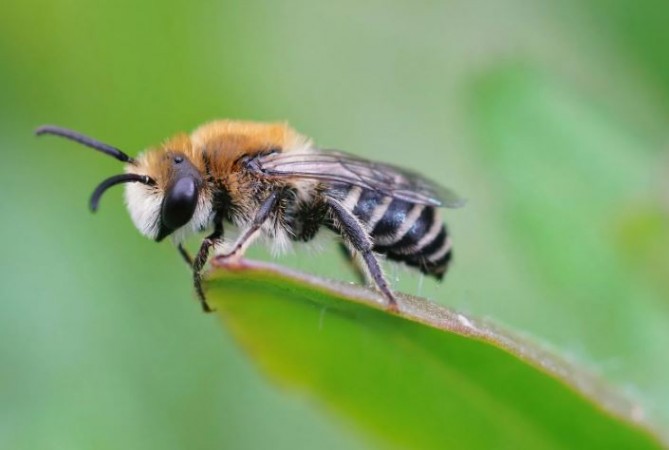
Albert Einstein, one of the greatest scientific minds in history, once allegedly warned that if bees were to disappear from the Earth, humanity would follow suit within four years. This quote has stirred concern and debate over the years, highlighting the crucial role that bees play in pollinating plants and ensuring our food supply. In this article, we will explore the logic behind Einstein's warning, whether it is true, and the importance of protecting bees.
I. The Logic Behind Einstein's Warning:
Einstein's statement is rooted in the fundamental concept of pollination. Bees, along with other pollinators like butterflies, birds, and bats, play a critical role in pollinating flowering plants, including many of the crops that make up a significant portion of our global food supply. The logic can be summarized as follows:
Food Production: Bees pollinate a wide variety of fruits, vegetables, and nuts, contributing to the growth of these crops.
Biodiversity: Pollination also supports the reproduction of wild plants, which are essential for maintaining biodiversity and the overall health of ecosystems.
Global Food Chain: Plants are primary producers in the food chain, meaning they form the basis of the diets of countless other species, including humans.
Human Dependence: As a result, humans are highly dependent on the pollination services provided by bees and other pollinators for food production.
II. Is Einstein's Warning True?
It's important to note that there is no concrete evidence that Albert Einstein ever made this specific statement about the extinction of humanity within four years of the last bee's death. However, the essence of the warning carries scientific merit.
The decline in bee populations, a phenomenon known as colony collapse disorder (CCD), is a real and concerning issue. CCD is primarily driven by factors like pesticide use, habitat loss, climate change, and diseases. The loss of bees and pollinators can indeed have devastating consequences for food production and ecosystems.
While the timeline of four years is likely an oversimplification, it underscores the urgency of addressing the bee crisis. The actual consequences of a significant decline in bee populations would manifest over time, with food shortages and ecosystem imbalances leading to increasing global instability.
III. The Importance of Protecting Bees:
Food Security: Bees pollinate a substantial portion of the world's food crops, including fruits, vegetables, and nuts. A decline in bee populations could lead to reduced crop yields, higher food prices, and food scarcity.
Ecosystem Health: Pollinators, including bees, play a crucial role in maintaining the health and diversity of ecosystems. They facilitate the reproduction of plants that provide habitat and sustenance for countless other species.
Economic Impact: Agriculture is a significant driver of economies worldwide. A decline in pollinators could have severe economic consequences for the agricultural sector.
IV. Measures to Protect Bees:
Reduce Pesticide Use: Implement stricter regulations on the use of pesticides, especially neonicotinoids, which are harmful to bees.
Preserve Habitats: Protect and restore natural habitats where bees can forage and nest.
Promote Sustainable Agriculture: Encourage practices that minimize the use of chemicals and provide a more diverse and bee-friendly landscape.
Support Beekeepers: Back beekeeping initiatives and research to combat diseases and pests that affect bee colonies.
Raise Awareness: Educate the public about the importance of bees and the role they play in food security.
While the exact timeframe mentioned in Einstein's purported warning may not be accurate, the underlying message is clear: the well-being of bees is closely tied to our own. Protecting bees and pollinators is not only a matter of ecological responsibility but also of vital importance to food security, biodiversity, and the overall health of our planet. Addressing the bee crisis requires global cooperation, awareness, and concerted efforts to ensure a sustainable future for both bees and humanity.
Eating on Banana Leaf: A Stylish and Healthy Tradition
Building a Lunar Home: The Essentials for Human Settlement on the Moon
Hindi's Rich Heritage: From Ancient Roots to Modern Influence